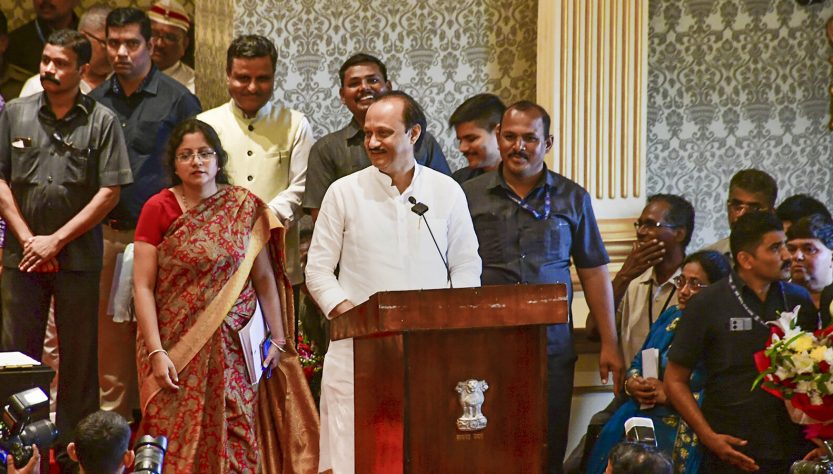News
Flamesafe Maxisoft® FR Cotton Knits help save your skin.
Here is an interesting article for all personnel involved in Electrical utilities, Petro Chemical and flash fire industries. It is taken from: Popular clothing off-limits to Marines in Iraq 1st Marine Logistics Group Story by Lance Cpl. Stephen Holt
CAMP TAQADDUM, IRAQ (April 10, 2006) -- Under direction of Marine Corps commanders in Iraq, wearing synthetic athletic clothing containing polyester and nylon has been prohibited while conducting operations off of forward operating bases and camps.
The ban on popular clothing from companies like Under Armour, CoolMax and Nike comes in the wake of concerns that a substantial burn risk is associated with wearing clothing made with these synthetic materials.
When exposed to extreme heat and flames, clothing containing some synthetic materials like polyester will melt and can fuse to the skin. This essentially creates a second skin and can lead to horrific, disfiguring burns, said Navy Capt. Lynn E. Welling, the 1st Marine Logistics Group head surgeon.
“Burns can kill you and they’re horribly disfiguring. If you’re throwing (a melted synthetic material) on top of a burn, basically you have a bad burn with a bunch of plastic melting into your skin and that’s not how you want to go home to your family,” said Welling.
According to Tension Technology International, a company that specializes in synthetic fibers, most man made fabrics, such as nylon, acrylic or polyester will melt when ignited and produce a hot, sticky, melted substance causing extremely severe burns.
The Under Armour company, a favorite among many service members here, advertises that the fabric used to make their garments will wick perspiration from the skin to the outer layer of the clothing allowing the person wearing it to remain cool and dry in any condition or climate. While these qualities have been a main reason for Marines to stock up on these items, the melting side effect can be a fatal drawback, said Welling.
This point was driven home recently at a military medical facility located at Camp Ramadi, a U.S. military base on the outskirts of the city of Ramadi, arguably one of the most dangerous cities in Iraq.
“We had a Marine with significant burn injuries covering around 70 percent of his body,” said Cmdr. Joseph F. Rappold, the officer in charge of the medical unit at the base.
The Marine was injured when the armored vehicle he was riding in struck an improvised explosive device, or IED, causing his polyester shirt to melt to his skin. Even though he was wearing his protective vest Navy doctors still had to cut the melted undergarment from his torso.
For years service members with jobs that put then at a high risk of flame exposure, such as pilots and explosive ordnance disposal personnel, were kept from wearing polyester materials because of the extra burn threat. Now, with so many encounters with IED explosions, the Marines are extending this ban to everyone going “outside the wire.”
A concern among commanders is that service members will down play the problem of wearing wicking materials in combat settings because they think their body armor or uniforms will protect them.
The camouflage utility uniforms are designed to turn to ash and blow away after the material is burned, but the burn hazard is still present, said Welling, who recommends wearing 100% cotton clothing while on missions.
Even Marines who never venture off their base should be aware of the risks associated with wearing the wicking fabrics.
Recently, there was a case where a Marine’s undershirt started smoking when he was shocked by an electrical current. Fortunately, it didn’t catch on fire or melt, but the potential was there, said Welling.
The directive is straight forward and simple.
“The goal is not to bubble wrap the warrior going outside the gate, the idea is to minimize the (hazards) we have control over,” said Welling.
My attempts at making our country a better place to stay through sharing my experiences in management and day to day life. And adding my Information Technology experience as I go along.
Ad
Tuesday, July 24, 2007
Subscribe to:
Post Comments (Atom)
Ad
The Pawarification of Indian Politics.
Maharashtra State elections have thrown up surprising results, results that have defied all opinion polls and even surprised the winnin...

-
This is the list of survey numbers issued by the collectors office for those affected by the recent forest land issue in Mumbai.
-
Many of you will remember the Telgi Stamp Scam that happened in 2000-2003. It was hyped initially to be 60000 Crores. Later the CBI declar...
-
The Makadwala Gang. What happens when the poorest of the poor want to borrow money? They often are illiterate, downtrodden, living on the ma...


No comments:
Post a Comment